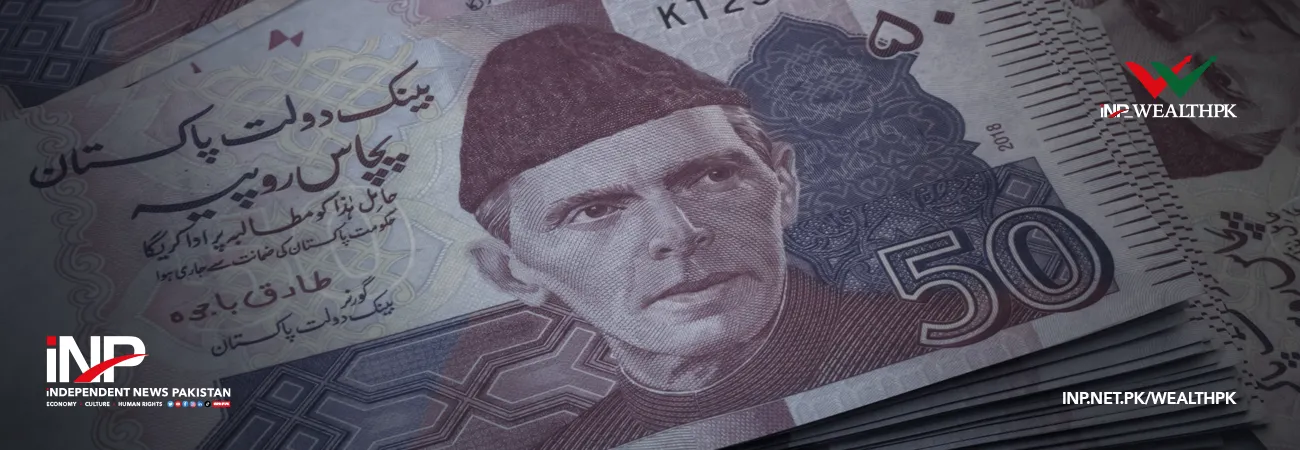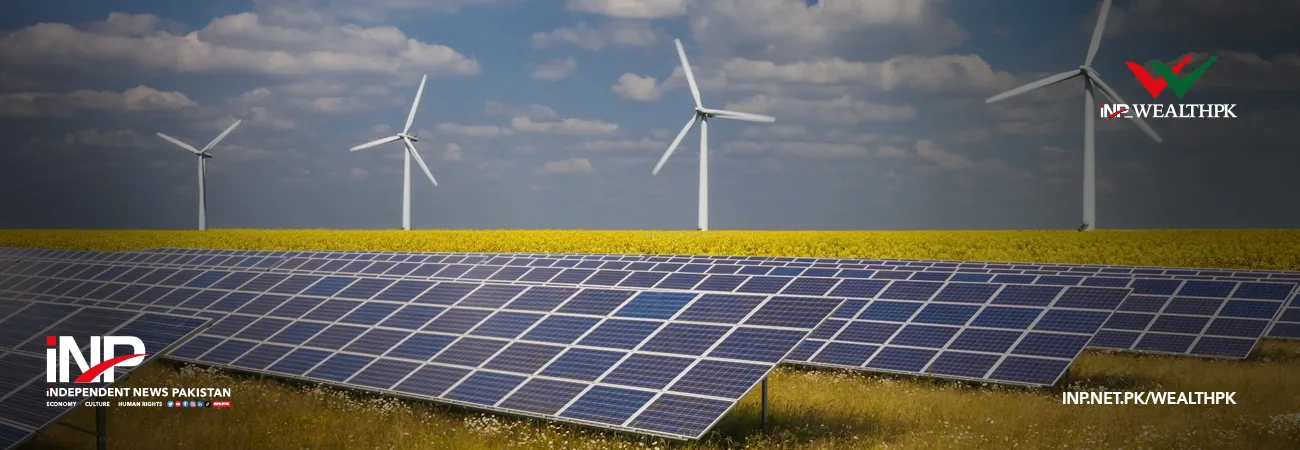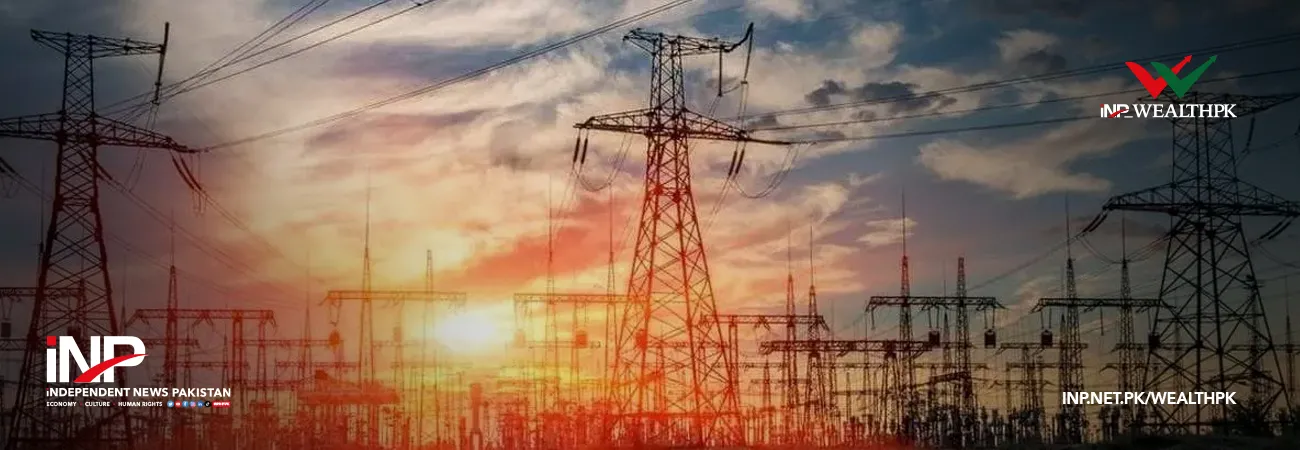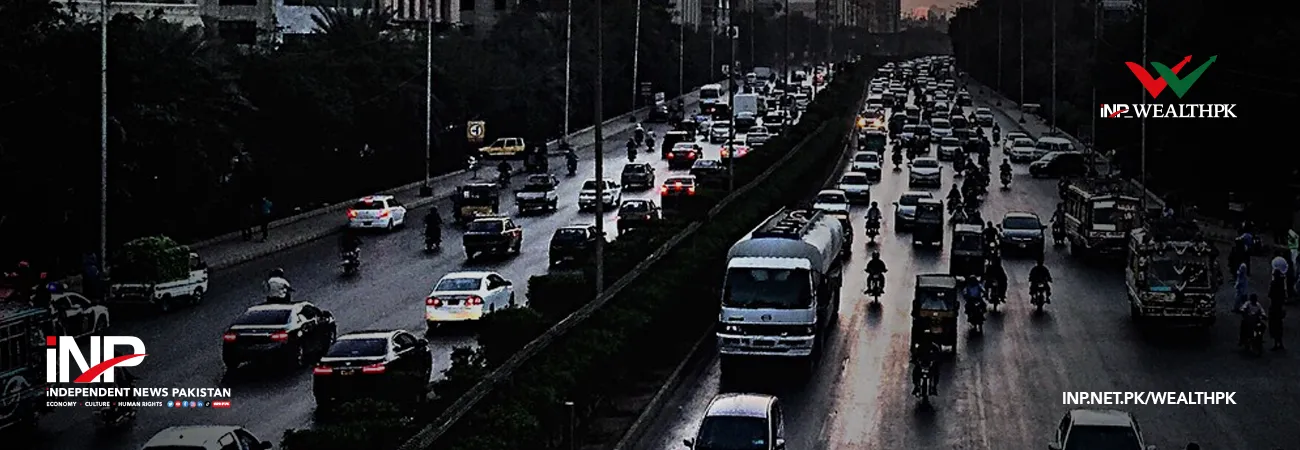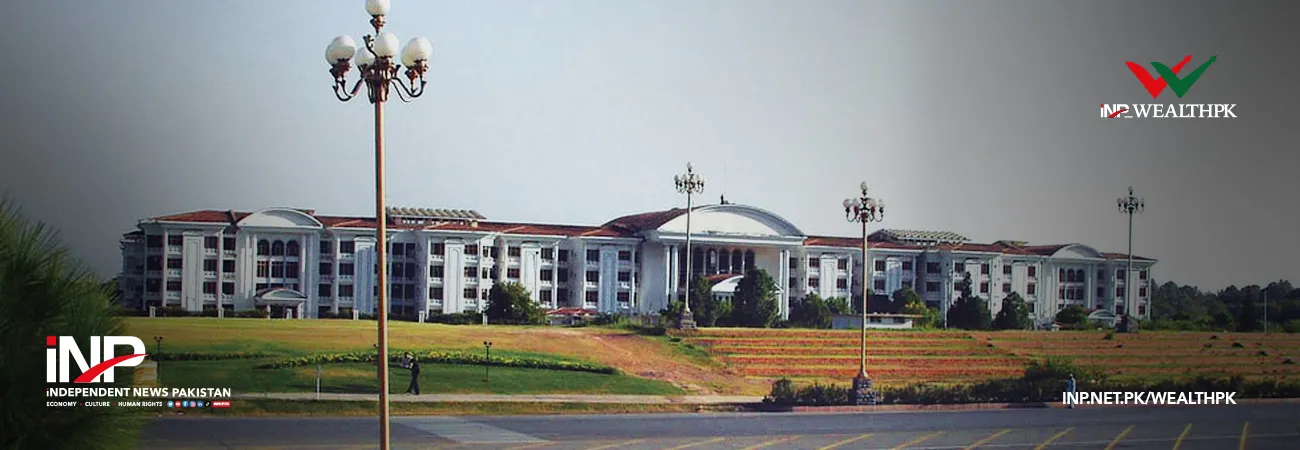INP-WealthPk
By Abdul Wajid Khan ISLAMABAD, June 02, (INP-WealthPK): The Federal Ministry of Finance of Pakistan has said that it is taking concrete steps to curtail the fiscal deficit to a reasonable level. According to an official document of the ministry, a copy of which is available with WealthPK, the government has taken austerity measures and stopped unnecessary procurements to curtail the fiscal deficit. The document says that subsidies are under review; a ban has been imposed on the creation of new posts; delegations for foreign visits have been restricted; all principal accounting officers (PAOs) have been asked to ensure rationalisation of utility consumption, purchase of assets, etc.; electricity subsidy policy and power sector reforms have been initiated, and revenue collection and expenditures are being monitored on a monthly basis to achieve the target of bringing down the fiscal deficit. According to the latest figures provided by the ministry, during the first 10 months of the current financial year, fiscal deficit amounted to 3.8 percent of the country’s gross domestic product (GDP) as compared to 3.0 percent in the corresponding period last year. Similarly, the primary balance showed a deficit of Rs 447.2 billion against the surplus of Rs 451.8 billion during the same period in the previous fiscal. The total revenues grew by 17.7 percent from July to March in the current fiscal against 6.5 percent recorded in the same period last year. The document says that higher growth in revenues has been achieved owing to a significant rise in tax collection. Total tax collection increased by 28.1 percent during the period under review. However, total expenditures witnessed a sharp rise of 27.0 percent during the first 10 months of the current fiscal as compared to 4.2 percent in the same period last year. The current spending witnessed an increase of 21.2 percent and development expenditures recorded a hike of 54.6 percent. During the first 10 months of the current fiscal, net tax collection increased by 28.5 percent and reached Rs4,855.8 billion as compared to Rs 3,777.7 billion in the same period last year. The ministry says that the fiscal deficit in the first six months of the current financial year was Rs1,372 billion, accounting for 2.1 percent of GDP. It says that the fiscal deficit was largely in line with the expectations at the time of budget making. Similarly, the FBR collection was also in line with the expectations in the budget for the year 2021-22. However, the ministry says that it was never expected that the collection of such an amount would completely wipe out the fiscal deficit. During this period, a shortfall of Rs47.0 billion was reported mainly owing to the lower collection of Petroleum Development Levy (PDL). Noted economist and former federal finance secretary Dr Waqar Masood said that the mounting fiscal deficit was posing serious challenges to the government as it would further increase inflation in the country. In a statement, he said that the current trends indicated that the fiscal deficit would reach approximately Rs5,440 billion at the end of the ongoing financial year, which would be Rs2,000 billion above the budgeted level and much higher than the International Monetary Fund’s revised projection of Rs3,761 billion at the time of the sixth review. Dr Waqar said that the size of subsidies was clearly out of line with the budgeted target of Rs682 billion for the ongoing financial year. He said that in the first nine months of the current fiscal, under different heads of subsidies, the expenditures of Rs575 billion were recorded, accounting for 84 percent of the budget. He said that subsidy to the export sector for LNG would cost around Rs500 billion. He said that the relief package announced by the previous government would also have a major impact on the fiscal outcome and its cost could increase to Rs750 billion. The International Monetary Fund (IMF) has also asked the government to abolish subsidies on fuel and electricity to achieve economic stability and revive the bailout package. Sources told WealthPK that the increase of Rs30 per litre in the price of petrol by the government was also meant to ensure the revival of the IMF programme.





